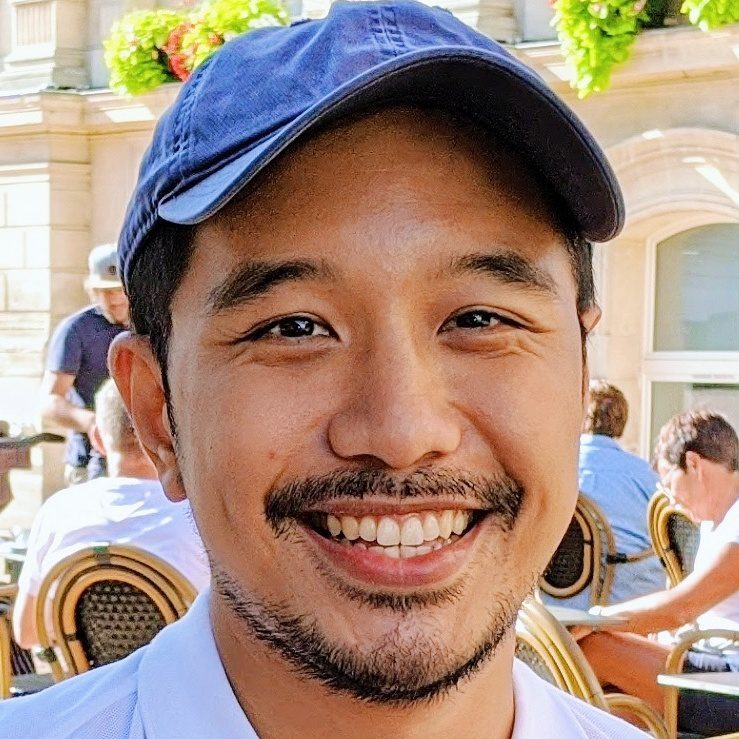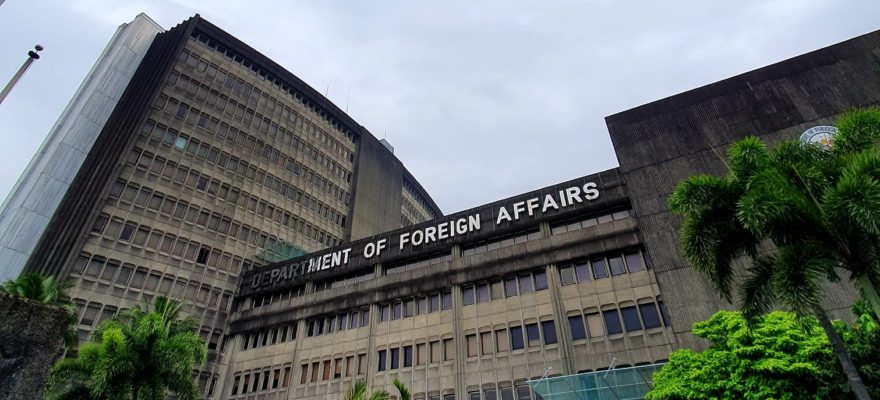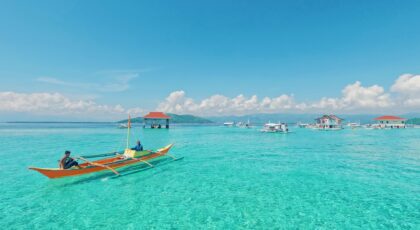The commencement of a possibly lifelong career as a foreign service officer (FSO) merits an inaugural blog entry and a new chapter in this blog. Today marks the first month since I officially assumed my post as FSO in the Philippines’ Department of Foreign Affairs.
As with all career officers who undertake and pass the notorious foreign service exams, our lives as eligible diplomats start with six months of internship and then six months of cadetship, both in Manila. This freshman year of sorts is when we are expected to learn the ways of diplomacy, managing the country’s international relations, advancing its interests abroad, and looking after the well-being of Filipinos around the world.
I have thus been doing my internship with the Department since June 1, which hasn’t been that long at all. I have been detailed with the Maritime and Ocean Affairs Office, which handles the Philippines’ maritime, ocean and archipelagic policies in relation to other countries and international organizations. This includes matters ranging from the country’s maritime borders and territorial claims, to matters relating to ocean governance, shipping, marine scientific research, fishing, etc. For an archipelagic state whose very identity relies on its precise geographic character and its strategic maritime location, these matters are of primordial importance.
The slight discomfort in writing about my first month is that I am almost certain my first impressions would make me cringe in the future or would be proven wrong (and thus embarrassing), or both. Anything I say about work as an FSO would just sound pretentious at this point, especially to senior officers. In addition, the office I now belong to performs many confidential functions I should hesitate to write about. This sensitivity is illustrated by the fact that the security software installed in my office-issued laptop alerts me of at least a dozen unauthorized command and control callbacks a day. In layman’s terms, someone somewhere is always systematically trying to hack into the office’s network through our computers. And understandably so, as sensitive diplomatic protests originate from our desks.
For posterity, let me write a few notes. Again, these are first impressions, and it may take years for me to validate these feelings.
First, it feels humbling to belong to a government agency which the (former) Secretary of Foreign Affairs called in a speech last week, during the Department’s 124th anniversary, the most respected institution in the Philippine bureaucracy. For many good reasons, I suppose, but one of which I believe is meritocracy. I’ve been in government thrice before, under various capacities as a contractual professional and I’ve seen how appointments are vulnerable to the whim and caprice of appointing authorities, to the point that positions were being created left and right out of nowhere just to accommodate favored persons, competence or lack thereof notwithstanding. It can be utterly frustrating. One of the things that attracted me to the DFA is that all its officers have to pass what is arguably the most stringent career exam in the country. I am comforted and humbled by the idea that I belong to a complement of officers who are truly among the best and the brightest in the Philippines, in a place where merit and fitness weigh more than patronage and political loyalty, at least when it comes to entry into the career. (And I hope this is not the first impression I’d be proven wrong).
Second, I felt like I was thrust into a position where I have to understand so many things as I go along, with barely any pause, and where I am expected to be up to speed with a multitude of projects and multilateral and bilateral activities happening with regard to the country’s maritime concerns. I saw myself besieged by innumerable diplomatic jargon and technical terms used in the very specific field of marine and ocean affairs.
Am I liking it so far? Yes, definitely much more than being a typical private practice lawyer. I’ll always be grateful to have had the chance to work briefly in a law firm but one thing I found extremely difficult then was having a sincere sense of ownership of a client’s problems. Solving other people’s personal issues stresses me out, especially when I think it’s a situation I would never imagine myself in. This happens, for example, when I personally think clients did something negligently–and yet it’s up to us lawyers to get them out of trouble. I can barely get myself to sympathize in order to solve their problems but I nevertheless absorb all the stress. I don’t find that kind of work fulfilling–nor healthy.
Being a lawyer in the foreign service feels much different, at least I can say that for the very brief period I’ve been one. Judging my colleagues’ comportment, it can get stressful, yes, but it’s a hustle that I think I would thrive in because as a Filipino I’d always feel a sense of sincere ownership of the issues and problems we encounter since it’s the national interest or the well-being of other Filipinos at stake and not just some random client who has failed to manage his affairs prudently. Diplomatic issues are challenges I’d be excited to find solutions to. It’s exciting, fascinating, and intimidating all at the same time.
“The career seems overwhelming,” I told our boss during a staff meeting when I was asked how I was finding my first week so far. She didn’t visibly react to my comment–which I took as both an affirmation of its veracity and perhaps a muted expression of “Oh young man, you haven’t seen nothing yet.” To think I’m just in my first month with one office, what more when I take into consideration the two dozen or so offices and units in Manila handling the myriad different aspects and dimensions of the Philippines’ external relations. It’s an astounding prospect I am very eager to undertake as a career now and in the years to come.
When I made a decision a few months ago to definitively take on a career in the foreign service and forego the prospect of having a new life in France (and even become a naturalized French citizen), my primary consideration was the desire to have a more profound sense of fulfillment and a clear understanding of my role in this world and in this lifetime. As much as the low-key life of an expat in a first-world country appealed to me (as it still does), I didn’t feel that I was meant to be just that in this world.
It is still much too early to judge if I made the right decision, but so far I can say that I’m in the right place, and political circumstances of this country notwithstanding, I am on track to realizing my happiness and my role in the grander scheme of things.
Plugging my FSO batchmate, Mikhail Solitario's blog. He writes better prose. He took the photo I used for this entry since I couldn't take one myself as it has been raining the past days.



Hello sir Victor. I am an aspiring FSO and I congratulate and thank you as well for sharing your experience. I would just like to ask if you do not mind, are FSOs under cadetship/training already being paid the equivalent salary and benefits as an FSO IV (plantilla)?
Hi Leslie. Thank you. Yes that is correct. We already occupy plantilla positions as FSO IV.
Thank you! All the best!
Hello po! I felt like someone from the audience watching your story (I’m a follower!) from the day you found out you passed FSOE until you decided to go back to Ph and leave a promising life in France. It’s very inspiring and patriotic of you, and I honestly don’t have much idea on how someone can be a diplomat until I saw one of your tweets that made me curious. I just want to say Thank You for sharing this experience and for choosing The Philippines. I will continue to root for you, I hope you update this blog from time to time. It was a tough choice but a very meaningful one, we appreciate it (as a Filipino citizen) and I hope you know that.
Hello Victor,
Thank you for sharing your experience with us! I can’t believe a piece like this will make me cry. I can resonate with what you said about finding your role and purpose in this lifetime.
I am glad you’re on your way there (and I hope you’re happy and fulfilled).